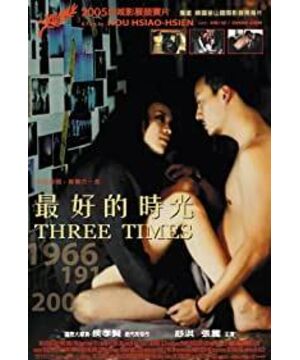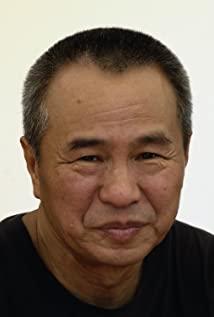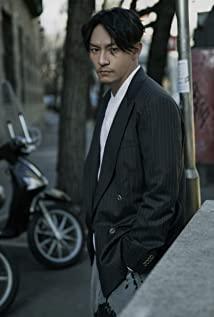read "The Best" again Time". Perhaps this is not the most profound and outstanding work of Hou Xiaoxian in the general sense, but it is always unforgettable.
The simplicity and clarity of the first paragraph contrasts sharply with the darkness and blur of the third paragraph. My favorite is the second paragraph in reverse order: Huajin's clothes are fluttered with sorrowful sentiment, and Nanguan can hardly tell the melancholy of wanting to talk.
The most suitable soundtracks for brothel come from Suzhou and Quanzhou: the beauty of Kunqu Opera and the coldness of Nanguan are like two faces.
He watched her sit with her arms crossed, and listened to her chanting high and low—the tension toward fate, like the glazed flames that flickered out of a mound. Only the weak can perceive the frailty. He feels like a friend, and often tells her that his country is broken and the world is his ambition to be unpaid. Under the forest, listen to the night rain on the bed, and there is no light shining desolately.
She lowered her eyebrows and listened to the pleasing sentences, but they were on her own mind again. The two have their own pains, one is a dead island slave, without roots and foundations; the other is scattered and unreliable. The same lonely people who have no "home" to go back to meet in the crevices of life, but they cannot redeem each other, they can only pity and cherish each other while facing each other across the bank.
This is the lingering nostalgia on the two levels of the rivers and the temples in Hou Xiaoxian's movies. We can't discern which of these is the pear and the tank.
He wrote several times against the ancient concubine system-so that she could not go back, so that she could be trusted for life. Also for the completeness of his personality, he gave out a hundred or two gangs of young girls to redeem her body-the indirect effect is that her destination is even more distant indefinitely.
Her temptation failed, like a tide hitting the empty city, loneliness returned. As he swept away the cold ashes and stared at the rolling curtain, a few drops of pear tears slowly dried up. Still calmly helping him comb his hair, dress, fetch water, and deliver tea, his manners are infinitely tender, as if nothing had happened.
The splendor of the brothel is always safe and secure, the flowers never wither, the birds never die, and the red, green and spring light will never grow old. The new girl is only ten years old, with a face full of ignorance and ignorance of the world. She started to learn Nanguan just like she did in the past. This reincarnation, this fate, made those in and out of the play feel melancholy.
Always thinking: What is the "best time"?
What Dickens said-that is the best time, that is the worst time; that is the spring of hope, that is the winter of despair.
The person involved may not be able to perceive it. Perhaps seeing a little hazy phantom of flying flowers in the mist in the muddle, perhaps the boat of years gliding silently over the broken moon in the water in the ignorance, but it is the only oar that supports the long and pale years of swimming in the future. The old cars are like running water and horses like dragons, and they are in the blooming season in the memory.
Occasionally, I have concealed self-knowledge in my heart, but I can only watch the time flow from my fingertips without a trace while awake. You can't be attentive when you're living, and you can't count it afterwards. However, what can you do if you are not reconciled. This "best time", after all, will pass unconsciously like quicksand in an hourglass.
When the best time for love to reside is forced to end because of the passage of time and the barrier of life and death, we have the belief in reincarnation and fate to overcome it, and thus obtain eternity for life and life.
For example, the legend of the White Lady, what is said is the difficult fate of this generation. How elegant and helpless the ancient civilization is, knowing the comfort of this isolated island is the boundlessness of the iceberg eternal night.
Listening to this song Nanguan Youyou, how come to this Peony Pavilion on Sansheng Road...
View more about Three Times reviews









